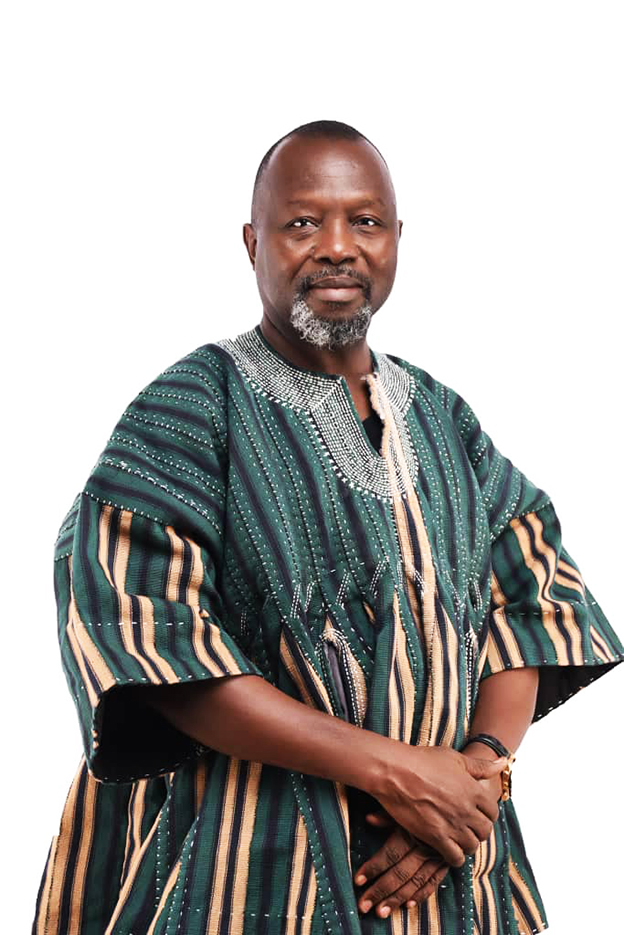NPP Flagship Projects Drenched in Corruption
By Nelson Ayivor
Ghana’s anti-corruption campaign, Operation Recover All Loots (ORAL), is beginning to expose the scale and complexity of state capture under the previous administration, with the Attorney-General confirming the completion of investigations into seven major cases and several others nearing conclusion.
Attorney-General Dr Dominic Ayine, speaking in Accra, disclosed that the National Intelligence Bureau (NIB) had been tasked in March to investigate a series of high-profile scandals, many of which stem from procurement irregularities, inflated contracts, and ghost payrolls linked to the former New Patriotic Party (NPP) government.
The ORAL Committee, which compiled citizen complaints and audit findings, provided the initial leads, though Ayine was quick to stress that these were not sufficient for prosecution.
“Complaints are not evidence,” Ayine said. “We needed forensic investigations to build cases that could survive in court.”
Among the completed cases are the Sky Train Project, the National Service Ghost Names Scandal, the District Road Improvement Project (DRIP), Strategic Mobilization Limited (SML), and the Pwalugu Multi-Purpose Dam. Investigations into the National Cathedral Project and Boankra Inland Port remain ongoing, with forensic audits underway.
The Boankra case, which has drawn political scrutiny due to its strategic importance, has so far failed to produce prosecutable evidence. Ayine confirmed that a value-for-money audit is being conducted to determine whether financial impropriety occurred. “We are not rushing to court without evidence,” he said.
In contrast, the DRIP investigation has revealed clear financial misconduct. JA Plant Pool, a key contractor, was found to have received $2 million in overpayments. Tax evasion and over-invoicing were widespread, with equipment priced at up to 300% above market value. “A $40,000 item was invoiced at $84,000,” Ayine noted. “We are dissecting every invoice to ensure specificity in our charges.”
Prosecutions have already begun in several cases, including the Sky Train, National Service payroll fraud, and procurement for the All African Games. The National Cathedral case, which has become a lightning rod for public anger, is undergoing a forensic audit by the Auditor-General in collaboration with one of the Big Four accounting firms.
Ayine reiterated the Mahama administration’s commitment to due process, warning against public impatience. “We cannot afford to rush prosecutions. Every case must be airtight,” he said.
The ORAL initiative is now seen as a critical test of Ghana’s institutional capacity to confront entrenched corruption. With additional cases under review including the Free Wi-Fi Program, National Ambulance procurement, and land-related scandals the Attorney-General’s office faces mounting pressure to deliver results without compromising legal integrity.
Whether ORAL can translate its investigative momentum into successful prosecutions remains to be seen. But the scale of the revelations suggests that Ghana’s anti-corruption architecture is finally beginning to bite.


